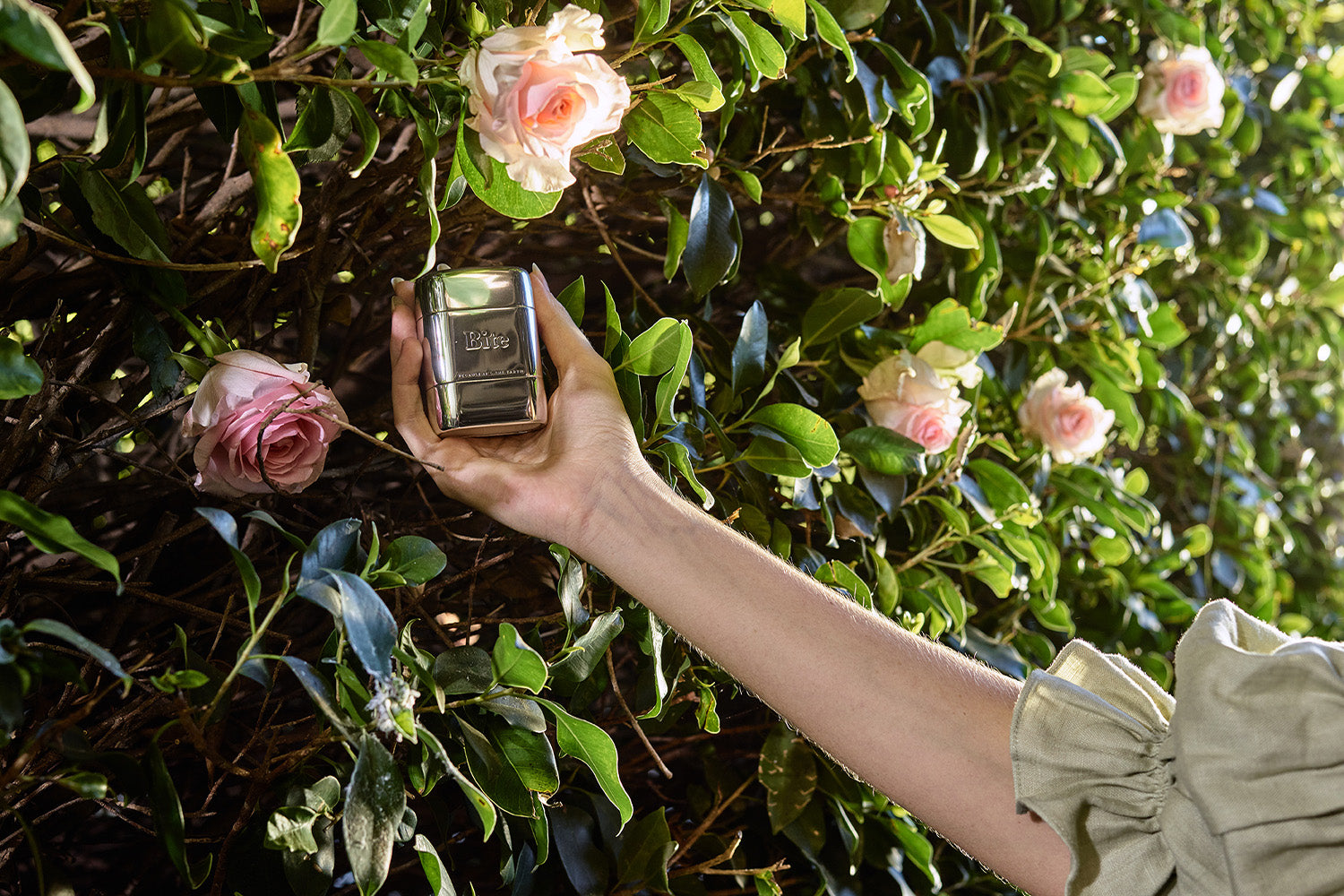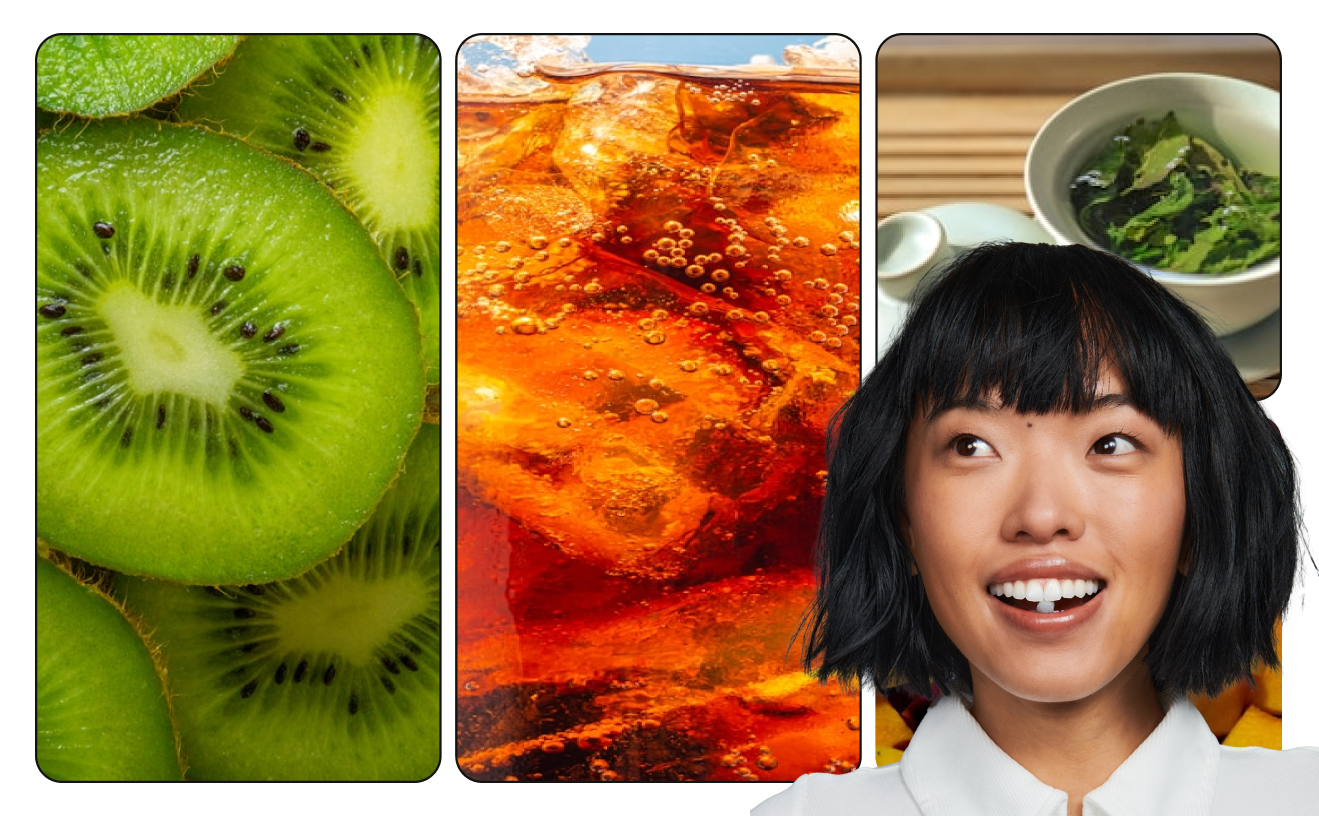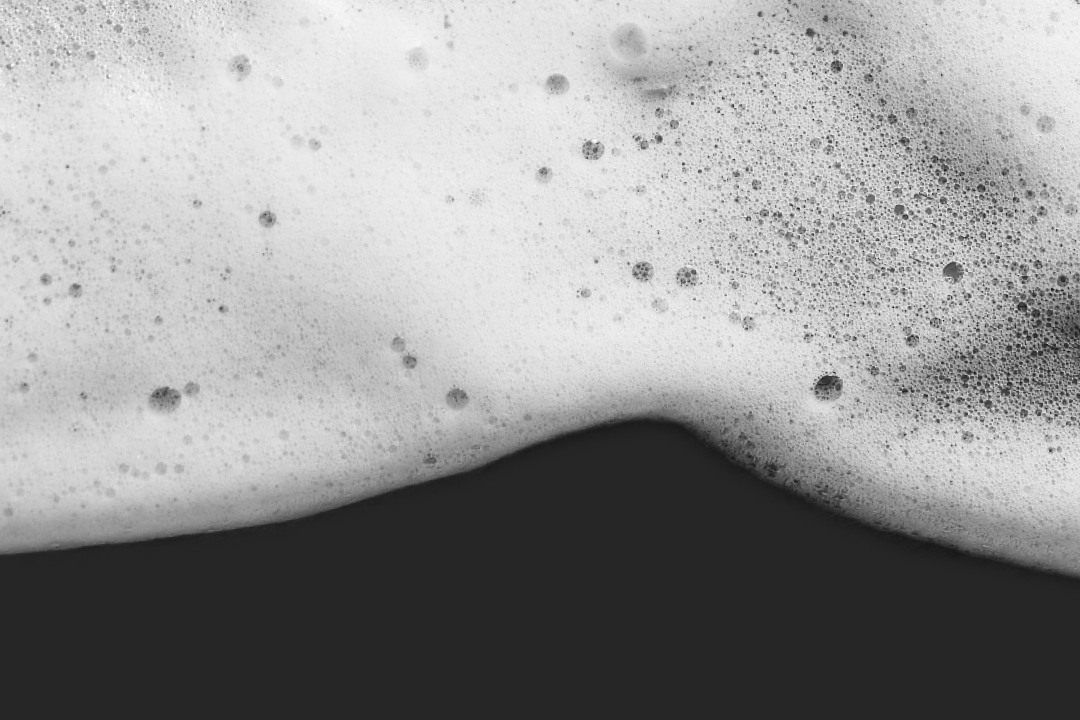Shea Butter Benefits: Why You Should Add It to Your Routine
If you’re looking for a luxurious and softening ingredient to add to your skincare routine, look no further than shea butter.
Shea butter is a vitamin-rich fatty oil sourced from the karite tree that is making its way into skincare products and hair care, and for a good reason.
But what exactly is shea butter, what can it do for your skin, and what is the best way to incorporate it into your daily routine? Read on to find out!
What Is Shea Butter?
Shea butter is a type of fatty oil derived from the nuts or kernels of the Vitellaria paradoxa – also known as the Karite tree or shea tree – native to West Africa. Shea butter has been used for its healing properties for centuries and continues to be used for a variety of purposes around the world to this day.
To produce this nourishing and fatty oil, the nuts found within the fruits of the Karite tree are crushed and boiled before the fat is extracted.
Shea butter exists as a solid at room temperature but becomes liquid when warmed.
This light-colored oil consists of oleic acid, stearic acid, palmitic acid, and linoleic acid. These fatty acids allow shea butter to be easily absorbed into the skin, where it can provide several benefits that you won’t be able to get enough of!
What Are the Benefits of Shea Butter on the Skin?
Shea butter can support the skin in several ways.
Hydrates the Skin
Some of the main benefits of shea butter come from its role as an emollient. By helping to lock in moisture, the fatty acids found within shea butter do a killer job keeping the skin hydrated.
This is because the same fatty acids that make up shea butter are also known to support skin cells by restoring protective lipids and reducing water loss. This helps strengthen the skin barrier and leads to more supple, calmer, and softer feeling skin.
The fatty acids in shea butter are also easily absorbed into the skin, allowing them to penetrate more deeply to provide deeper nourishment.
Soothes Dry Skin
Most of us experience the uncomfortable flakiness and irritation that can accompany dry skin.
And as if the discomfort wasn’t bad enough, dryness also weakens the protective skin barrier, as dry skin is more likely to crack and break.
Luckily, shea butter’s hydrating capabilities can soothe irritated skin and reduce dryness. Along with fatty acids, shea butter also contains the ever-nurturing vitamin E, which is known to help retain moisture within the skin to help reduce irritation, repair chapped skin, and limit the risk of skin breakage.
Shea butter can also be found as a natural ingredient in lip balms to help soothe chapped lips.
May Provide Added Protection When Used With Sunscreen
Vitamins E and vitamins A not only help protect the skin barrier from breakage and irritants but may protect from sun damage as well.
Both of these vitamins, along with shea butter’s cinnamic acid, have been found to help protect the skin from ultraviolet B (UVB) damage by deeply nourishing and supporting the skin barrier.
However, it is important to note that shea butter does not protect from ultraviolet A (UVA), so don’t forgo your regular, environmentally-friendly sunscreen.
Shea butter has a low estimated SPF of 3-10, so it can be paired with sunscreen for added protection but shouldn’t be relied on for sun protection on its own.
Along with providing added sun protection, the fatty acids in shea oil may also help soothe discomfort associated with sunburns, thanks to their anti-swelling and moisturizing properties.
May Help Soothe Swelling
Some of the plant compounds and vitamins found within shea butter can help reduce swelling when applied to the skin.
This can help reduce redness, irritation, itching, and discomfort when applied to the face and body. Reducing swelling may also provide temporary relief for discomfort associated with certain skin conditions.
And the best part is that, since shea butter is easily and quickly absorbed into the body, it can provide fast-acting relief to upset skin that will have you saying aah in no time.
May Contain Antibacterial Properties
Studies suggest that shea butter may help ease certain skin irritations or blemishes associated with bacteria growth.
Provides An Antioxidant Boost
Vitamin E, vitamin A, and vitamin F all have known antioxidant properties and are all found in soothing shea butter.
Shea butter also contains eight catechins, antioxidant-rich polyphenolic compounds found in many plants. With so many antioxidants working together, shea butter can help promote skin cell health and rejuvenate the skin inside and out.
Supports Youthful-Looking Skin
If reducing skin irritation and limiting skin cell damage wasn’t enough, shea butter can also help your skin maintain a youthful complexion and texture.
By reducing skin cell damage, antioxidants help the skin maintain its firm structure and elasticity, which can reduce the appearance of wrinkles, fine lines, and age spots.
Wrinkles and lines are also less apparent on hydrated skin, as it keeps the skin looking supple and smooth.
Shea butter also contains triterpenes – a compound believed to help stimulate collagen production.
Collagen is a protein produced within the body and a key player in maintaining skin elasticity. While our natural collagen production drops around age 30, natural ingredients like shea butter can provide backup.
By hydrating the skin and introducing antioxidants into the body, shea butter can turn back time as far as your skin is concerned, providing a youthful glow as it keeps signs of aging at bay.
Supports Healthy Cells
Cell turnover is the process in which we shed dead skin cells. As we generate new skin cells, the older ones get pushed to the outer layer of the skin. From there – we shed them.
We typically shed anywhere between 30,000 to 40,000 dead skin cells (the more you know!)
While it may be weird to drop that many skin cells a day, this process is actually super important. Cell turnover ensures that our skin cells are healthy, strong, and effective at any given time. And the removal of dead skin keeps our skin smooth and soft rather than flaky and irritated.
However, cell turnover slows as we age, making it all the more important to add a skincare ingredient that can maintain the health of your current skin cells and support them with moisturization over the years. Welcome, shea butter!
The hydrating fatty acids and antioxidant-rich vitamins found in shea butter can help keep the skin looking bright and radiant while feeling soft and smooth.
Types of Shea Butter: What To Look For
Shea butter can be found in two forms: raw shea butter and refined shea butter.
Raw or pure shea butter is unprocessed, undergoing no changes once extracted from the shea kernels. Raw shea butter is usually a creamy yellow or green color and may contain a few natural impurities.
Refined shea butter, meanwhile, is processed. Refined shea butter undergoes a filtration process and may be deodorized or bleached to make it whiter. Preservatives and fragrances may also be added to refined shea butter.
At Bite, we incorporate only raw shea butter into our super-hydrating Body Balm and Deodorants to create naturally soothing and environmentally friendly skincare products.
Are There Any Side Effects of Shea Butter?
The topical use of shea butter is considered very safe. Allergic reactions are extremely rare, making shea butter safe for sensitive skin.
Because shea nuts contain only a small amount of the tree-nut proteins known to trigger allergic reactions, the risk of a reaction from using shea butter topically is even considered low for those with tree nut allergies.
However, if you have any questions about using shea butter, it is always best to check in with a healthcare professional.
How Should I Store Shea Butter?
Raw shea butter has a thick, creamy consistency that is solid at room temperature and melts at body temperature. Shea butter is absorbed quickly as it melts into the skin, leaving a luxurious and non-greasy feeling. This natural ingredient will make your skincare routine feel like your own personal spa!
If using an undiluted form of unrefined shea butter, it is best to store slightly below room temperature to ensure it stays solid when not in use. This will help keep it easily spreadable whenever you need it.
Shea butter also adds a wonderful consistency to lotions, balms, and other skincare products when included. If you’re using a moisturizer that contains shea butter, store normally or however directed on the label.
Shea Butter at Bite
At Bite, we are committed to using safe, naturally-derived ingredients that are good for us and the planet.
Plant-derived shea butter checks all of our boxes and then some, and that’s why you’ll find it as a key ingredient in both our body balm and aluminum-free deodorants.
As one of only 14 ingredients in our lightweight body balm, shea butter provides nourishing hydration and antioxidant boost that will calm and soften your skin.
Along with shea butter, our vegan body balm includes vitamin-rich rosehip oil and moisturizing hyaluronic acid to keep your skin feeling its best. Meanwhile, our natural deodorants pair shea butter with antibacterial coconut oil and absorbent tapioca starch to help keep your pits soft and fresh.
We also forgo all harsh chemicals such as parabens, sulfates, and phthalates in our skincare products, making them safe for all skin types.
And, as proud as we are of what you’ll find inside our skincare products, we are just as excited about what they come in.
Both our solid Body Balm and our Deodorants are delivered in reusable, refillable, and 100% plastic-free cases with refills available, helping to reduce the amount of harmful plastics making their way into our oceans and landfills. Caring for the planet never felt this good!
Bottom Line
Shea butter is a nourishing natural ingredient that can hydrate the skin and promote overall skin cell health to keep you looking and feeling your best. You can find shea butter and other butter like cocoa butter in various products.
With Bite, you don’t need to choose between caring for yourself and caring for the planet. You can incorporate soothing shea butter into your daily routine – along with other beneficial ingredients – without the addition of any harmful chemicals or plastics.
Sources
Review Article Natural Sunscreen Agents: A Review | Scholars Academic Journal of Pharmacy (SAJP)
Anti-Inflammatory and Skin Barrier Repair Effects of Topical Application of Some Plant Oils | PMC


